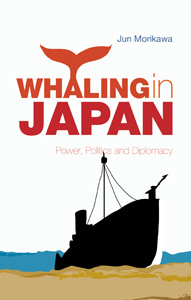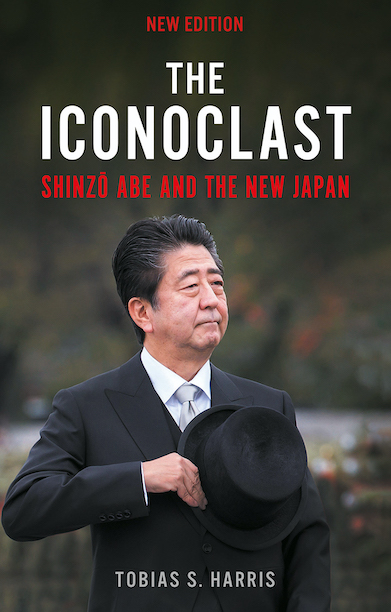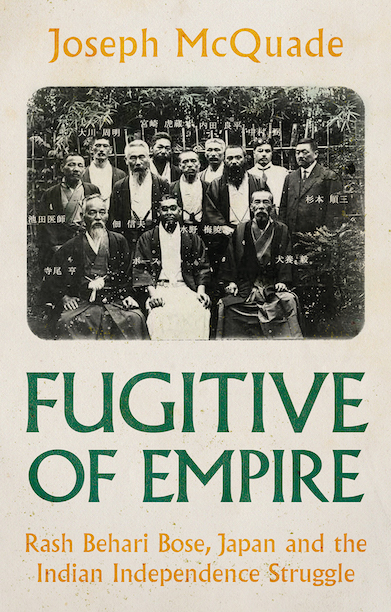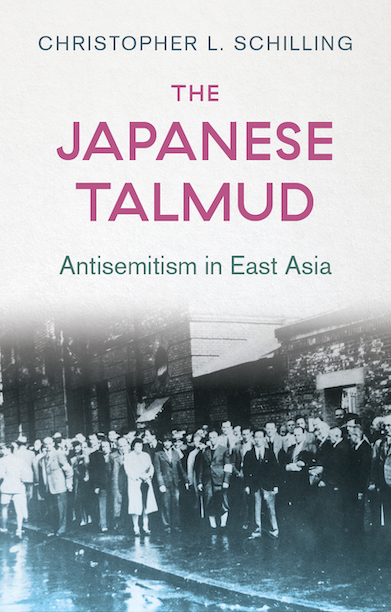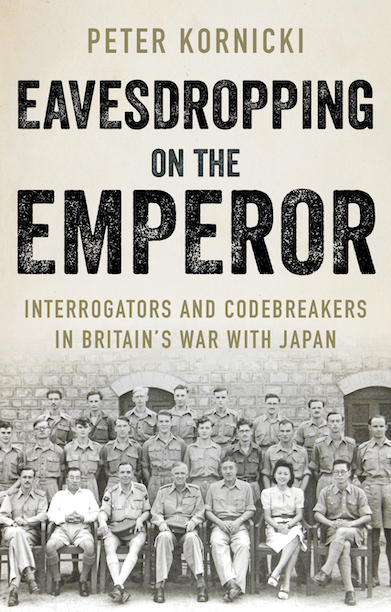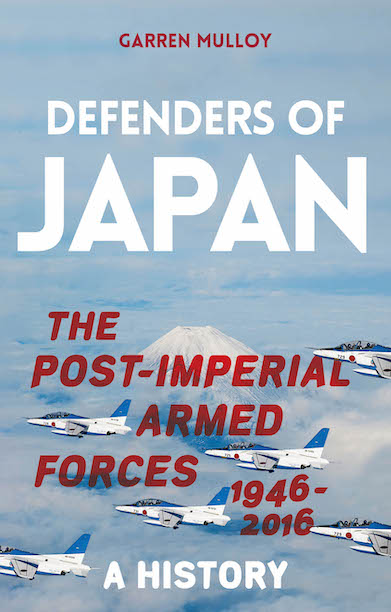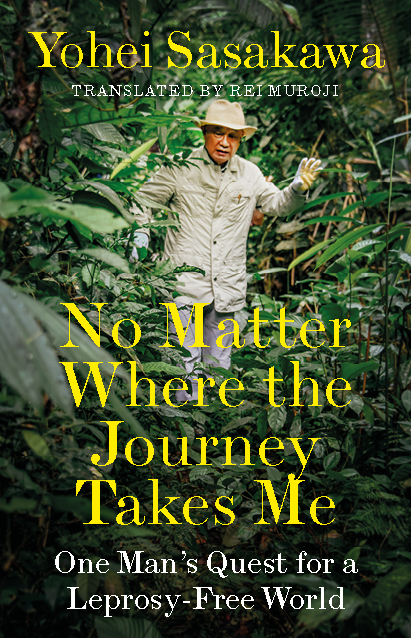Description
For years, pro-whaling forces and ardent antiwhaling organisations in Japan and abroad have wrestled with a contentious and highly emotive issue, while proponents of whaling have sought to control the parameters of the debate by limiting it to a discussion of catchphrases such as ‘sustainable use,’ ‘Japan’s whaling traditions’ and ‘whale-eating culture’. Whaling in Japan seeks to broaden the terms of reference by providing a wider, objective analytic framework for examining this issue and the political actors and forces in Tokyo—the government, the bureaucracy and the Institute of Cetacean Research—that create, control and implement Japan’s policy and continue to shape the debate. Through the encouragement of political myths, the manipulation of public opinion and ironically, even by using the actions of the anti-whaling movement to its own advantage, pro-whaling forces have created a domestic consensus that allows Tokyo’s whaling policies to continue to expand relatively unchallenged even as stockpiles of unsold whale meat build up in Japanese warehouses. Whaling in Japan focuses on the gap between the political myths and the reality of Japan’s whaling policy and sheds light on seldom discussed aspects of the political and decision-making structures that support it. Morikawa also examines how Japan has used diplomacy and aid gradually to expand international support for its whaling policies at the International Whaling Commission (IWC) and considers the longer term future of whaling as environmental awareness grows apace.
Reviews
‘Whaling in Japan offers readers a peek into the political and bureaucratic power relations that have resulted in Japan’s continuation of whaling in the face of international opprobrium. … The strength of this work lies in its detailed examination of the workings of Japanese bureaucracy and specifically inter-agency power relations. It explains why Japan persists in vigorously pursuing pro-whaling diplomacy, even when doing so hurts its diplomatic efforts in other, perhaps more important, areas. … Whaling in Japan provides access to a wealth of sources otherwise only available to Japanese speakers.’ — Cambridge Review of International Affairs
‘How has whaling come to be used as a talismanic symbol of Japanese identity and a touchstone of nationalism? Morikawa excels in debunking some of the myths frequently served up to justify the industry. Whaling advocates claim that the practice itself and consumption of whale meat are deeply embedded traditions in Japan, and assert that anti-whaling activists are guilty of cultural imperialism. Morikawa counters that modern commercial whaling bears little resemblance to the small-scale subsistence whaling that, until the dawn of the 20th century, was limited to certain coastal regions.’ — Japan Times
Author(s)
Jun Morikawa is a Professor in the Dept of Regional Environmental Studies at Rakuno Gakuen University in Sapporo, Japan and a visiting research fellow at the University of Adelaide, Australia. He is the author of Japan and Africa: Big Business and Diplomacy (Hurst, 1997), and specialises in Japan’s relations with the Third World, especially development and overseas aid.
